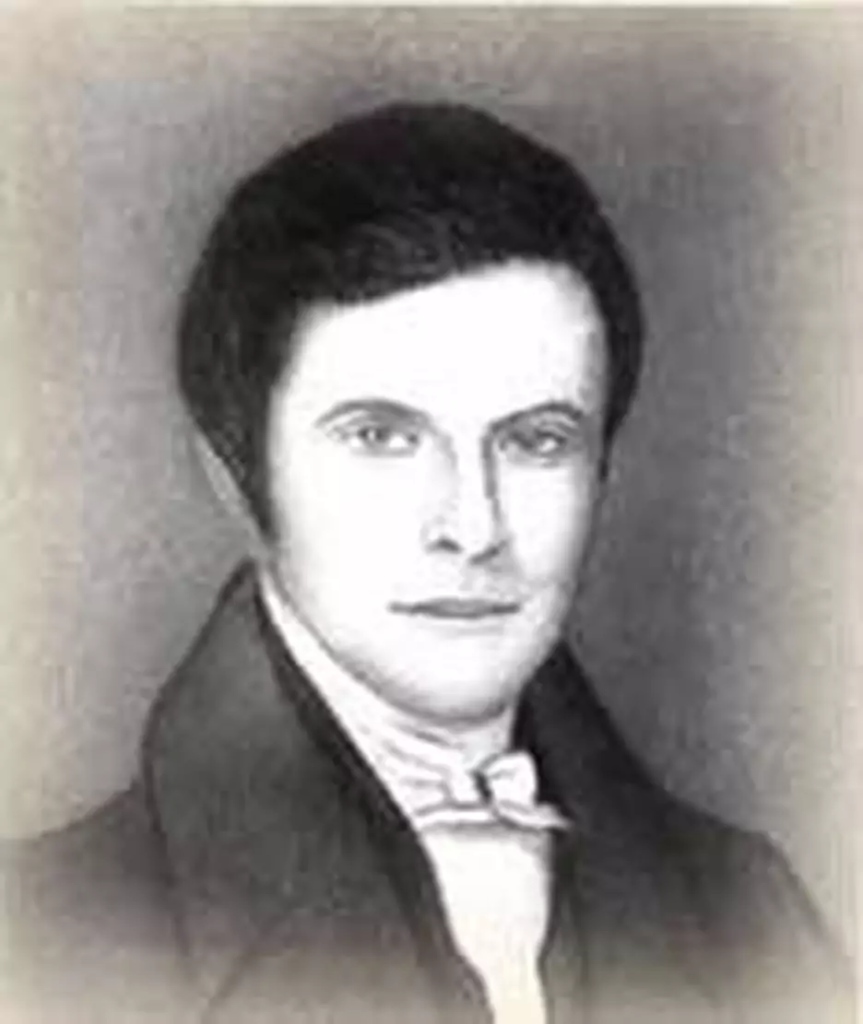
1666
When Hugh McKail dragged himself up the scaffold for his hanging, on this day, December 22, 1666 he did so joyfully. The twenty-six-year-old Scotsman was eager to enter eternal life with God and he told the crowd so.
“Now I leave off to speak any more with created beings and begin my communion with God, which shall never be broken off. Farewell, father and mother, friends and relations! Farewell, the world and all delights! Farewell meat and drink! Farewell, sun, moon and stars! Welcome, God and Father! Welcome, sweet Lord Jesus, the mediator of the New Covenant! Welcome, blessed Spirit of grace, God of all consolation! Welcome glory! Welcome eternal life! Welcome death!”

His final speech made such an impression that some think it was the reason that soldiers soon after that began playing their drums loudly whenever a Covenanter tried to say a few last words from the scaffold.
Hugh died for his faith. Ordained at twenty as a Presbyterian preacher, he held his pulpit only one year. King Charles II was determined to force the Scots into an Episcopal form of worship. As a consequence, he threw many staunch Presbyterians out of their pulpits. Hosts of Scots had signed a covenant vowing not to allow destruction of the Presbyterian church or to allow the government to control the Scottish church. They were called Covenanters. Hugh was one of the Covenanters.
Hugh angered the authorities by preaching a sermon against their persecution in which he said that the Scriptures give abundant “evidence that the people of God have been persecuted, sometimes by Pharaoh upon the throne, sometimes by a Haman in the state, and sometimes by a Judas in the church.”
For these bold words he had to flee to the European continent for three years. Eventually he returned home and was living quietly in Galloway. What brought about his downfall was joining a band of Covenanters when a rebellion broke out. This was owing to government outrages. For instance, the king’s men tortured people who did not have the money to pay taxes. Hugh’s decision to join the troop was a mistake; he was weak from illness and could not keep up with them.
Captured, he refused to tell who the others were or to incriminate them by saying that they had plotted their uprising in advance. To get information out of him, he was tortured with the boot, a painful device in which a metal wedge was hammered against the leg bone. He passed out from pain when the bone split, but did not give the desired information.
Following a further hearing, he was sentenced to death. After the sentence was carried out, the crowds learned that Charles had ordered a reprieve.** Hugh should not have been killed, but sold to the American plantations. This created great anger, because it was widely believed that Archbishop Burnet of Glasgow kept the king’s letter a secret so that the Covenanters would die.
1838
When John Hunt was a lad in the early 1800s, he believed that God hears prayers. He prayed for his protection against the things that made him fearful–dogs, gypsies, and thunder. As he grew older, he drifted from faith. His clumsiness was mocked. Handier farm boys taunted him as an idiot. He fell in with rough companions. At times he promised the Lord he would change, but did not keep his word.

Then he got sick. Death loomed before his eyes. It was no use making the Lord more promises. He fell to his knees and vowed to serve God then and there. When he recovered, he repeated his promise to godly neighbors, making himself accountable for spiritual growth. After that, he attended church, read the Bible and religious books in his spare time, and addressed a local congregation. Friends encouraged him to preach, but he wasn’t sure. He prayed earnestly to know what God expected him to do, until his last doubt vanished.
Untrained though he was, God used him. He studied at night, so as not to neglect his farm duties. His earnestness was apparent to all. Revival broke out when he attended a London institution. He began to think of mission work. South Africa was his goal.
However, an appeal was made for workers in Fiji. Asked pointblank to go, John returned home much troubled–not for himself, but for the girl he hoped to marry. Hanna Summers, in poor health, would have accompanied him to South Africa, where a measure of civilization prevailed. But Fiji? The Fijians were cannibals and completely savage. Thieves and liars to a man, they killed their sick and old, treated women as beasts of burden, robbed graves for food, and strangled wives when their husbands died. But Hanna said she’d go.
The couple sailed from England in 1838. They refused a lucrative offer to remain in Australia and sailed on to Fiji, arriving on the scene of their labors on this day, December 22, 1838. Although John would master the language in short order, conversions were slow in coming. One cruel king threatened them with death if they closed their windows to keep out the smell of bodies roasting a short distance from their home.
Eventually, however, on one of the smaller islands, revival broke out. Many Fijian lives were transformed and faces shone with new hope. John translated the New Testament into the native tongue for these converts. He was one of those men who cannot rest long while there is work to do. Little wonder that he sickened. The Islanders prayed for his recovery, offering God to take ten of them rather than him. But John was dying. He mourned over his inconsistencies, failures and backslidings. He prayed in fervent ejaculations for the salvation of the Fiji islands. Suddenly he grew utterly calm. “You see a bright prospect before you,” said someone.
“I see nothing but Jesus,” exclaimed John. He died, just 33 years old. Within fifty years of his landing, there was not a single person in the islands who openly professed the old heathen religion.
